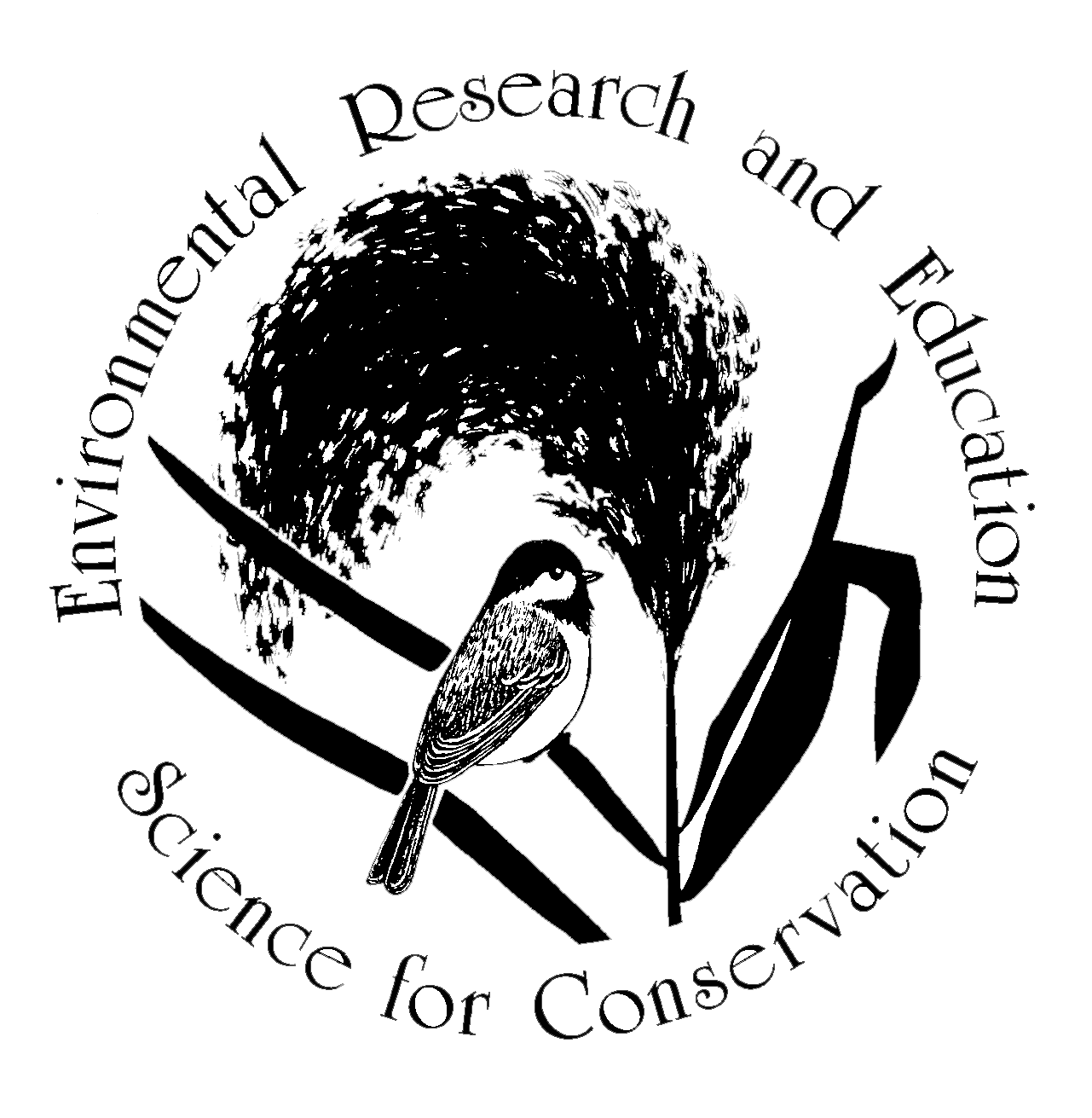Field Stations, Research, and the Magic Well of Nature
Here are a few thoughts on the importance of natural history & field work from an article Erik Kiviat published some years ago.
We’d also like to take this opportunity to gratefully acknowledge our partnership with Bard College in the Bard College Field Station on the Hudson River in Annandale.
“Biologists have lamented the decline of the formal study of natural history—the basic observations of organisms in the field-that have made much of ecological research and conservation possible and effective. Good science requires intellectual humility and an open mind, often lacking in structured institutions where scientists and scholars compete for funding and prestige. Moreover, the study of natural history often involves the blending of disciplines, including geology, biology, anthropology, and the arts, and combines with other approaches, such as quantitative ecology and molecular biology, to facilitate scientific discovery.
Many conservation scientists and other ecologists have also expressed concerns about the shortage of taxonomic capacity—the people, collections, training and experience needed to classify and identify organisms, especially those in less well-known groups such as spiders, water mites, or lichens. Both research and conservation are facilitated in proportion to that available capacity; inexperienced taxonomists produce data that can address some questions but not others. My colleagues and I have discovered that surveying disparate groups of organisms, for example in the urban New Jersey Meadowlands or representative habitats of Columbia County, yields a broader and stronger understanding of biodiversity, human impacts on the environment, and potential for conservation and restoration. We also have found that identification of organisms to the species level rather than just to family or genus yields more useful information for environmental assessment and biodiversity conservation. In addition to our experienced field biologists, it takes tens of taxonomic specialists to assist with such surveys.
Scientific field stations support field research in natural history, taxonomy, and ecology (as well as geology, cultural studies, and other disciplines) with their associated laboratory work, data analysis, writing, and teaching. Field stations allow professionals and students access to field research and education sites with the facilities and equipment they need for their studies. These facilities also help connect scientists to educational institutions, conservation decision-makers, and the public, and students to each other. In these and other ways, field stations play a unique role in ecological science, natural history, and environmental planning.
Besides being essential for conservation and management of rare species, basic descriptive field work at the level of whole organisms and their interactions with the environment often interest beginning students in more complex biological questions. Beneficially, as described by Thomas Eisner in 1982, ‘Students who learn to discover in nature develop a fondness for nature, and almost inevitably in due course, a strong personal commitment to the preservation of nature.’”

